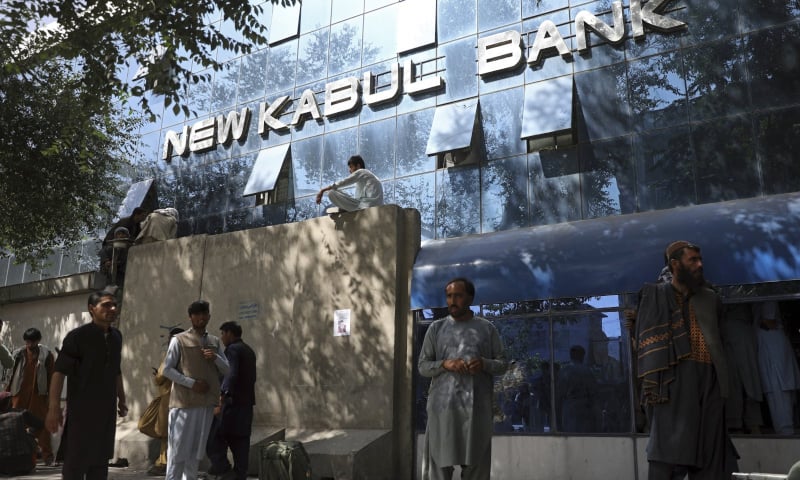5 challenges for the Taliban in Afghanistan
The Taliban have won the war — now they have to govern Afghanistan.
The transition presents an enormous test for the group in a desperately poor, diplomatically isolated country where deep-seated political and social problems have been compounded by more than four decades of war.
Here are five challenges facing the Afghan Taliban:
Lack of trust
There is widespread suspicion about the Taliban among Afghans, and for good reason.
The last time the group was in power from 1996 to 2001, it imposed a harsh interpretation of Islamic law.

They banned women from education and public spaces, brutally executed political opponents and massacred religious and ethnic minorities such as the Hazaras.
The Taliban have promised a softer system this time around, including rights for women.
They have also pledged an inclusive government, holding talks with a variety of movers and shakers in Afghan politics — including former US-backed president Hamid Karzai.
They have even sent representatives to the Shia Hazara minority, which suffered brutal violence at the hands of the Taliban in the 1990s.
While there has been a relief in some parts of rural Afghanistan where people wanted an end to the violence, many Afghans say that actions, not words, matter.
Women, particularly in cities, remain fearful of stepping outside, and there is at least one pocket of armed resistance in the Panjshir valley, a traditional anti-Taliban bastion.
Economic, humanitarian catastrophe
Afghanistan is one of the poorest nations in the world. After the Taliban were toppled in 2001, huge amounts of foreign aid flowed into the country.
International assistance was more than 40 per cent of GDP in 2020.
Most of it is now suspended, with no guarantees about the rest. The Taliban also do not have access to Afghan central bank funds held in the United States.

This crunch could spell disaster, as the Taliban need to figure out how to pay government employees and keep running critical infrastructures such as water, power and communications.
The United Nations has also warned of a humanitarian catastrophe, with food stocks running low because of disruptions caused by conflict as well as a severe drought.
As insurgents, the Taliban had large revenues — hundreds of millions of dollars according to estimates by UN monitors. But that is a tiny amount compared with Afghanistan's national requirements, experts have said.
The Taliban have gained some sources of income after taking over Afghanistan, such as customs revenue from border crossings, but that too is a fraction of national needs.
Brain drain
Beyond the cash crunch, the Taliban face another critical shortage: skilled Afghans.
As US-led forces began to withdraw and the previous government started to lose control, Afghans with skills, experience and resources headed for the exits.
They included bureaucrats, bankers, doctors, engineers, professors and university graduates, all terrified of life under the Taliban.

The Taliban appear aware of the impact such a brain drain could have on the Afghan economy. Their spokesman has urged skilled Afghans not to leave, saying the country needed “experts” such as doctors and engineers.
Diplomatic isolation
The Taliban's first regime was largely a pariah on the global stage.
This time, they appear keen on wide international recognition, even as most nations have suspended or closed their diplomatic missions in Kabul.
The group has contacts with regional powers such as Pakistan, Iran, Russia and China, as well as Qatar — which hosted the Taliban's political office for years.

But none have recognised them yet, and the United States has said any legitimacy “will have to be earned”.
In an apparent sign of the divide on how to handle the Taliban, China and Russia abstained from a UN Security Council resolution requiring the group to let Afghans leave.
Moscow and Beijing did not use their veto after language related to the Taliban were softened, experts said.
IS terror threat
The Taliban may have taken control of Afghanistan but the threat of terror attacks in the country has not ended with their insurgency.
Their rival, the militant Islamic State group (IS), has already carried out a deadly suicide attack in Kabul, killing more than 100 people at the airport during the evacuation operation.

The Taliban and IS are both hardline extremists, but the latter has an even harsher and brutal interpretation of Islamic law. IS has said it will continue to fight in Afghanistan, and its statements have described the Taliban as apostates.
The Taliban now face a sharp role reversal: they have to defend the Afghan people from the kind of attacks their own fighters carried out for years.





